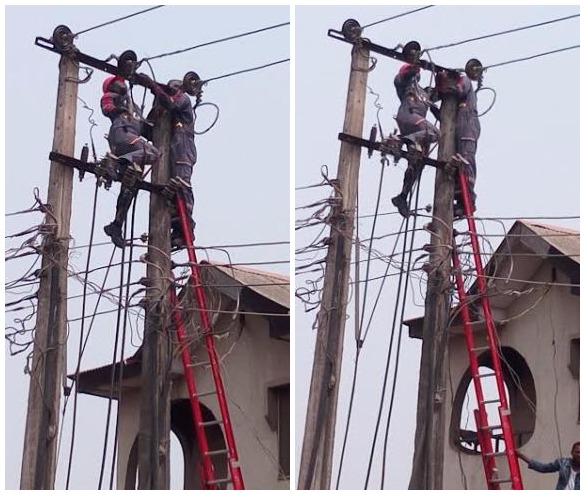Nigerian Banks Stop Use of ATM Cards Abroad
Deposit Money Banks have commenced a process to stop all customers from using their payment cards, popularly known as Automated Teller Machine cards, for dollar-denominated transactions when they travel abroad with effect from January 1, 2016.
SUNDAY PUNCH’s investigation also revealed the banks would not allow their customers to use naira-denominated ATM cards locally for transactions denominated in forex.
This means
bank customers will not be able to use their cards to buy products from foreign e-commerce sites like e-bay and amazon.com in which payments are made in forex.
The development follows the lingering scarcity of foreign exchange, especially the dollar, to settle
obligations arising from customers’ use of the ATM cards for forex-denominated transactions.
Already, Standard Chartered Bank has notified its customers that from January 1, 2016, they will not be able to use their naira-denominated ATM cards for transactions that are denominated in foreign currencies, either locally or when they travel abroad.
In a notice to its customers, Standard Chartered said:
Some customers said when they notified their banks of plans to travel and the need to enable their cards work overseas, they were simply informed that the cards could not be enabled for now due to issues relating to forex scarcity.
The current situation means customers travelling abroad for Christmas and New Year may face severe payment challenges, a situation which may mar their shopping plans.
The fall in prices of crude oil, the main earner of foreign exchange for Nigeria, has made the nation’s forex income to reduce drastically, creating dollar scarcity crisis for the Central Bank of Nigeria.
The CBN has been rationing dollar to banks, importers and other forex users as the nation’s foreign exchange reserves continue to deplete, hitting $29.4bn on December 7, 2015.
Banks have also cut their customers’ card spending in foreign currencies from the annual $50,000 allowed by the CBN to between $5,000 and $15,000.
SUNDAY PUNCH’s investigation also revealed the banks would not allow their customers to use naira-denominated ATM cards locally for transactions denominated in forex.
This means
bank customers will not be able to use their cards to buy products from foreign e-commerce sites like e-bay and amazon.com in which payments are made in forex.
The development follows the lingering scarcity of foreign exchange, especially the dollar, to settle
obligations arising from customers’ use of the ATM cards for forex-denominated transactions.
Already, Standard Chartered Bank has notified its customers that from January 1, 2016, they will not be able to use their naira-denominated ATM cards for transactions that are denominated in foreign currencies, either locally or when they travel abroad.
In a notice to its customers, Standard Chartered said:
“This is to notify you that from January 1, 2016, your naira card will no longer be enabled for international use. This is as a result of the limited foreign exchange supply in the financial market.”Asked how long the suspension of cards from international transactions would be, the spokesperson for Standard Chartered Nigeria, Mrs. Dayo Adurogbo, said:
“We cannot give a definite date. It depends on how soon it is available. We will do everything to meet our customers’ demand once it is available.”Further findings showed that a number of other banks had stopped customers from using their ATM cards abroad but had yet to officially communicate this to them.
Some customers said when they notified their banks of plans to travel and the need to enable their cards work overseas, they were simply informed that the cards could not be enabled for now due to issues relating to forex scarcity.
The current situation means customers travelling abroad for Christmas and New Year may face severe payment challenges, a situation which may mar their shopping plans.
The fall in prices of crude oil, the main earner of foreign exchange for Nigeria, has made the nation’s forex income to reduce drastically, creating dollar scarcity crisis for the Central Bank of Nigeria.
The CBN has been rationing dollar to banks, importers and other forex users as the nation’s foreign exchange reserves continue to deplete, hitting $29.4bn on December 7, 2015.
Banks have also cut their customers’ card spending in foreign currencies from the annual $50,000 allowed by the CBN to between $5,000 and $15,000.


Comments
Post a Comment